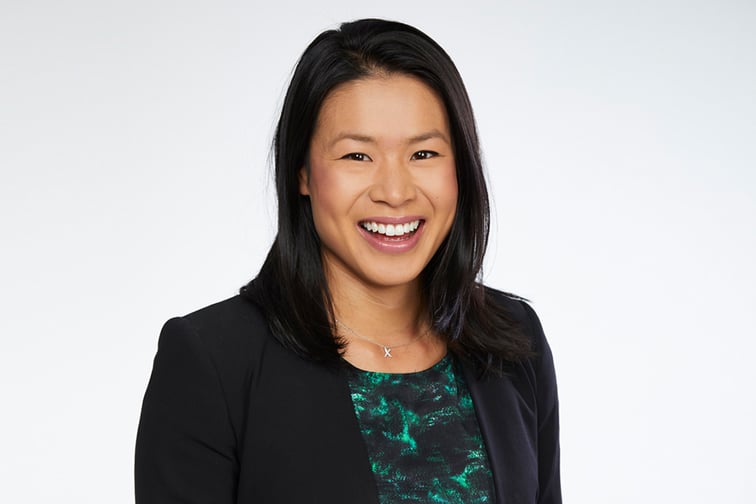

Natasha Choi is a finance broker at The Australian Lending & Investment Centre in Melbourne and was ranked No. 38 on MPA’s Top 100 broker list in 2020. After starting out as a property investor, Choi became a broker in 2015.
Q: When and how did you become a broker?
A: As an investor from an early age, my curiosity sparked questions to learn more about lending. As a client of ALIC originally, I joined the business and worked with Mark Davis and the team for over 18 months to gain as much exposure as possible to different clientele and lending strategies. In 2015, I became a fully fledged broker.
Q: How did being a property investor from a young age help you make the transition into broking?
A: It was instrumental to my role as a broker. Undoubtedly, competition in the industry meant that not only did I need the technical skills to build credibility but, having ‘walked the talk’, it significantly aided my position as a lending adviser. Being young can sometimes be perceived as lacking in life experience, but my perseverance and desire to build wealth encouraged me to take calculated risks and ultimately build a portfolio of four properties. Sharing my story generates conversation and equips me to educate clients on how they, too, can start investing early.
Q: What drives you in your role as a broker?
A: Education! It astounds me the lack of education there is in personal finance, which is why I am so passionate about what I do. Every conversation with my clients is underpinned by learning, with the aim of empowering my clients to make the best decisions. I welcome clients to challenge me, because robust conversations always lead to a better understanding and outcome. This also differentiates me as an adviser, because conversations centred on lending structures and strategies are more valuable than quoting maximum borrowing capacity and best interest rates.
Q: What changes have you had to make to adjust to the pandemic?
A: The pandemic created uncertainty at the most elevated level, both for business owners and advisers. 2020 mandated us to support our clients more than ever, and whilst overall volumes were down, conversations were high. Being across credit policy changes was demanding, particularly for self-employed clients. Reassuring clients was repetitive and emotionally taxing but extremely valuable in helping them understand their cash flows to reduce anxiety and prevent what could have been a herd mentality bias if investors all started selling their properties. We are learning every day, and being agile is critical to success, so all the changes in communications – through video meetings and validating ID – was part of the process.
Q: What are your goals for the future?
A: I hope to continue to be impactful in the industry and for my clients. I’m extremely grateful for the loyalty in my network and their voice in promoting my service. But good service is ongoing and not transactional, and I know that my passion and dedication will always motivate me to continue delivering value to my relationships. I’d love to promote greater learning in personal finance, starting from adolescents.
